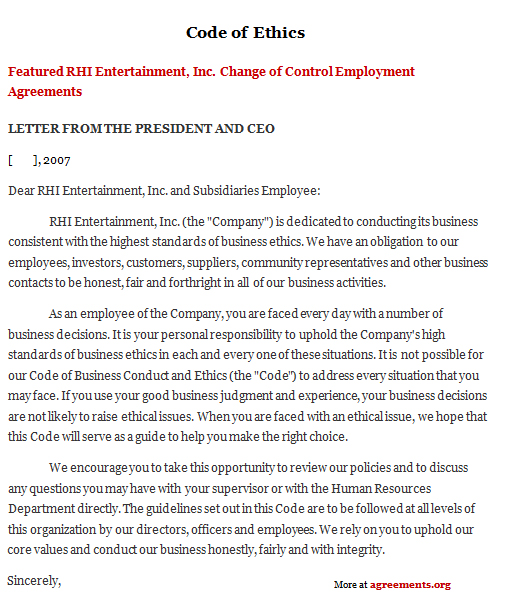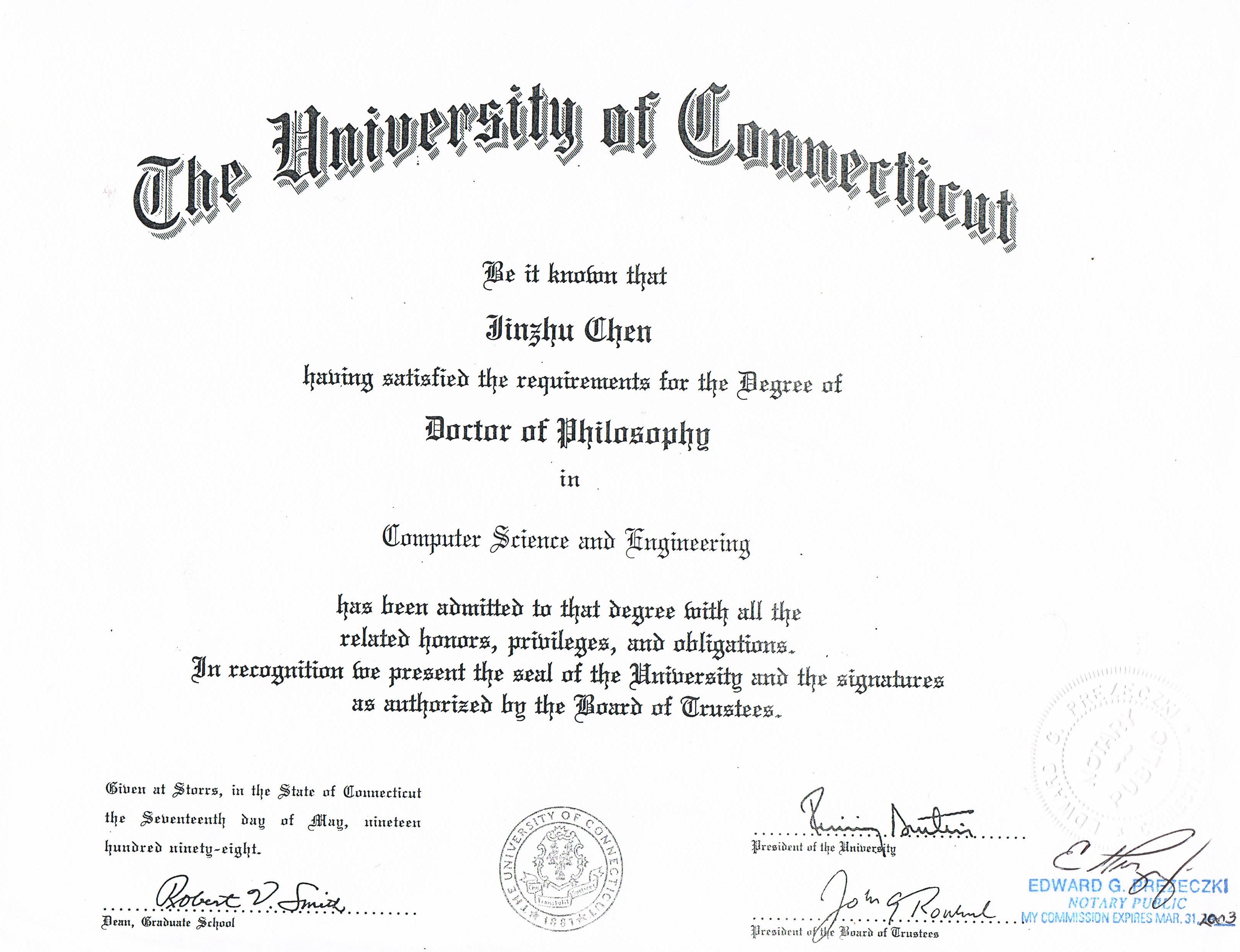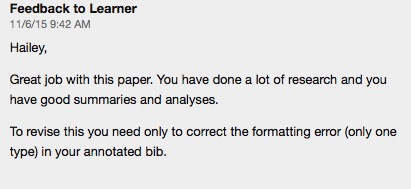An Essay Concerning Human Understanding Volume 1; To.
An Essay Concerning Human Understanding by John Locke is one of the great books of the Western world.It has done much to shape the course of intellectual development, especially in Europe and America, ever since it was first published in 1690.
A selection of philosophy texts by philosophers of the early modern period, prepared with a view to making them easier to read while leaving intact the main arguments, doctrines, and lines of thought. Texts include the writings of Hume, Descartes, Bacon, Berkeley, Newton, Locke, Mill, Edwards, Kant, Leibniz, Malebranche, Spinoza, Hobbes, and Reid.

An Essay Concerning Human Understanding. John Locke Abridged and Edited, with Introduction, by Kenneth P. Winkler. 1996 - 416 pp.

An Essay Concerning Human Understanding is a work by John Locke concerning the foundation of human knowledge and understanding. It first appeared in 1689 (although dated 1690) with the printed title An Essay Concerning Humane Understanding.He describes the mind at birth as a blank slate (tabula rasa, although he did not use those actual words) filled later through experience.

Buy An Essay Concerning Human Understanding (Hackett Classics) by Locke, John, Winkler, Kenneth P. (ISBN: 9780872202160) from Amazon's Book Store. Free UK delivery on eligible orders.

This Study Guide consists of approximately 26 pages of chapter summaries, quotes, character analysis, themes, and more - everything you need to sharpen your knowledge of An Essay Concerning Human Understanding. One of the key themes of this work is the defense and articulation of an empiricist.

He was one of the best-known European thinkers of his time when he died in 1704. In An Essay Concerning Human Understanding (1690), Locke established the philosophy of empiricism, which holds that the mind at birth is a blank tablet. Experience, Locke believed, would engrave itself upon the tablet as one grew. He felt humans should create.

Find books like An Essay Concerning Human Understanding from the world’s largest community of readers. Goodreads members who liked An Essay Concerning Hu.

An Essay Concerning Human Understanding begins with a short epistle to the reader and a general introduction to the work as a whole. Following this introductory material, the Essay is divided into four parts, which are designated as books. Book I has to do with the subject of innate ideas.

In An Essay Concerning Human Understanding (1689), the English philosopher John Locke tried to come up with a theory of knowledge, that would do away with all earlier attempts of philosophers from the time of Plato onwards to Descartes. This book is a long and dense one, but it is well-structured and written (relatively) approachable for the.

Read a brief overview of the work, or chapter by chapter summaries. Find the quotes you need to support your essay, or refresh your memory of the book by reading these key quotes. Continue your study of Essay Concerning Human Understanding with these useful links. Get ready to write your essay on Essay Concerning Human Understanding.

An inquiry into the understanding, pleasant and useful. -- Since it is the understanding that sets man above the rest of sensible beings, and gives him all the advantage and dominion which he has over them, it is certainly a subject, even for its nobleness, worth our labour to inquire into.

I have just modified 2 external links on An Essay Concerning Human Understanding. Please take a moment to review my edit. If you have any questions, or need the bot to ignore the links, or the page altogether, please visit this simple FaQ for additional information. I made the following changes.



